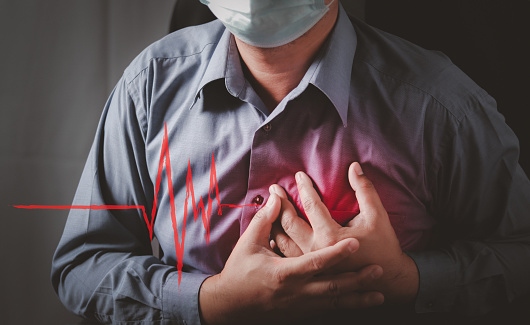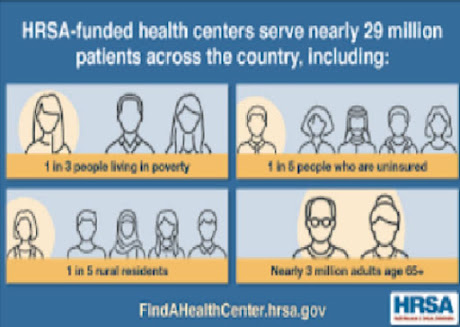Arrhythmias
The heart is an organ that works due to the electrical impulses generated by cardiomyocytes. These impulses favor the heartbeat to be carried out in a continuous, coordinated and rhythmic way. Arrhythmias occur when there is an alteration in the rhythm of the heart.
In adults, the normal heart rate ranges from 60 to 100 beats
per minute. This rhythm is usually slower in young people and during sleep.
Likewise, when exercising or in times of stress or tension, the heart rate
increases.

Causes of arrhythmia
Arrhythmias occur when the heart's electrical system does
not work normally, this may be due to:
•Heart problems such as coronary artery problems,
malfunctioning valves, cardiac failure.
•Some drugs such as those used for hypertension or lung
problems.
•Congenital defects, due to anomalies present from birth.
•Consumption of certain substances can also cause a heart
rhythm problem such as alcohol, tobacco, caffeine, or drugs.
•Daily life situations such as stress, excessive exercise,
etc.
•Other hidden heart problems.
Types of arrhythmias
Arrhythmias can be classified by their origin, by the cause
that causes them or by their repetition. However, the most common
classification is by frequency
•Rapid or tachycardias : these can be caused by exercise,
consumption of substances, stimulant drugs or by situations of discomfort. An
overactive thyroid gland favors rapid arrhythmias.
•Slow or bradycardias : these can appear when pain, hunger,
fatigue or digestive disorders occur. An underactive thyroid gland can lead to
slow arrhythmias.
Symptoms of arrhythmias
Arrhythmias vary greatly from one person to another,
sometimes they can be intense and the person perceive the heartbeat, at other
times they can be imperceptible. However, the intensity of the heart rhythm
does not have to be related to the severity or not of the arrhythmia. The most
important thing about this disorder is to determine the cause in order to treat
it.
The person suffering from a certain type of arrhythmia has a
tendency to suffer this same arrhythmia repeatedly. Some types of arrhythmias
cause few or no symptoms, but they can cause problems. Others never cause major
problems, but on the contrary, they do cause symptoms.
In general, symptoms that can signal that an arrhythmia is
occurring are dizziness, weakness, fainting, shortness of breath, or decreased
ability to exercise. If symptoms persist, it is necessary to see a doctor
urgently so that they can assess the severity.
Diagnosis of arrhythmias
Usually when you go to the doctor and a description of the
symptoms is made, the diagnosis is usually clear. The complementary tests to
confirm it are:
The electrocardiogram is usually the test of choice to
confirm the diagnosis and find out the cause. By means of the graphic
representation of the electrical impulses of the heart it is determined if
there is any alteration. However, the electrocardiogram shows the heart rhythm
at that time and arrhythmias can be intermittent, there is a portable device
called Holter that the patient will carry with him to record the electrical
activity of his heart for 24 or 48 hours. If the arrhythmia is believed to be
potentially serious, the patient may be admitted to the hospital while the test
is being performed.
When the arrhythmia is potentially severe, a device can also
be implanted under the skin and remains there for a long time to be able to
transmit the electrical irregularities of the heart. This device is painless.


